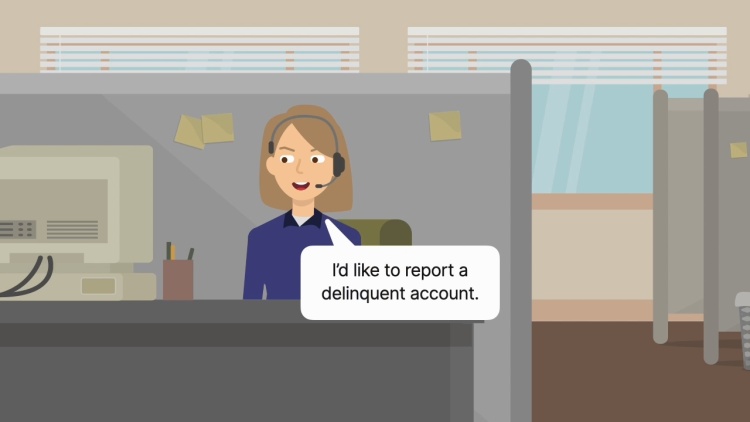Mezo v. Warren County Public Library
Kentucky Court of Appeals
2010 WL 323302 (2010)
- Written by Haley Gintis, JD
Facts
In May 2008, Michael Mezo (plaintiff) obtained nine library books from the Warren County Public Library (the library) (defendant). Mezo left the state of Kentucky before returning the books to the library. However, Mezo asked his mother to return the books. Mezo’s mother placed the books in a box and left the box on the back porch. The books were subsequently stolen. Mezzo’s mother filed a police report, in which the library was listed as the victim of the theft. In August 2008, the library sent Mezo a notice that his books were overdue. Mezo informed the library that the books had been stolen, but did not pay for the value of the books. The library subsequently involved a collection agency in the matter, which affected Mezo’s credit report. In February 2009, Mezo filed a complaint in state court against the library. Mezo claimed that the library card constituted a contract and stated that Mezo was responsible only for lost or damaged, rather than stolen, books. Mezo also claimed that the library had defamed him by reporting him to the collection agency. The library moved to dismiss the case. The trial court found that Mezo and the library were in a gratuitous bailee-bailor relationship which imposed liability onto Mezo for failing to treat the books with extraordinary care. Mezzo appealed to the Kentucky Court of Appeals.
Rule of Law
Issue
Holding and Reasoning (Combs, C.J.)
What to do next…
Here's why 907,000 law students have relied on our case briefs:
- Written by law professors and practitioners, not other law students. 47,100 briefs, keyed to 996 casebooks. Top-notch customer support.
- The right amount of information, includes the facts, issues, rule of law, holding and reasoning, and any concurrences and dissents.
- Access in your classes, works on your mobile and tablet. Massive library of related video lessons and high quality multiple-choice questions.
- Easy to use, uniform format for every case brief. Written in plain English, not in legalese. Our briefs summarize and simplify; they don’t just repeat the court’s language.






